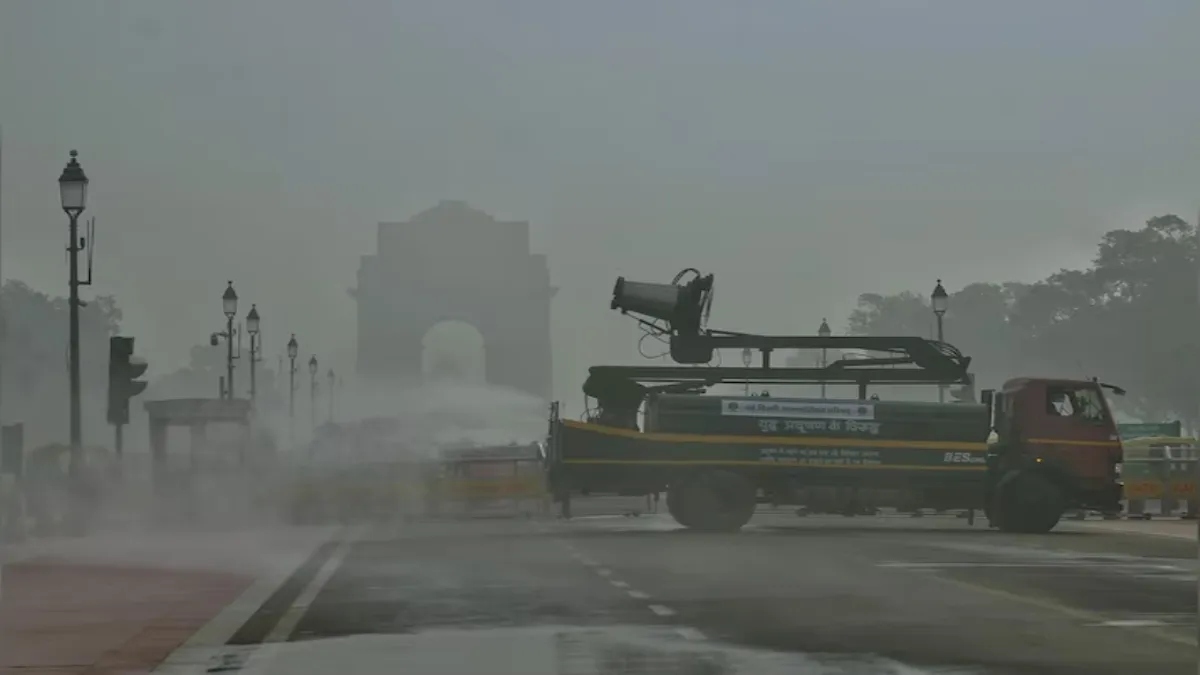 |
|
The Supreme Court of India's recent decision to extend GRAP-4 (Graded Response Action Plan) in Delhi for another three days underscores the severity of the ongoing air pollution crisis plaguing the national capital. This extension highlights the urgent need for continued stringent measures to combat the alarmingly high levels of pollutants in the Delhi air. GRAP-4, the most stringent level of the action plan, implements a series of restrictions aimed at reducing vehicular emissions, industrial activities, and construction projects. The decision to maintain GRAP-4 for an extended period signifies the court's commitment to protecting public health and addressing the detrimental impact of air pollution on the city's residents. The consequences of inaction are far-reaching, impacting respiratory health, increasing hospital admissions, and impacting the overall quality of life. The extension is a testament to the critical nature of the situation and the need for sustained, collaborative efforts to improve air quality.
The implementation of GRAP-4 involves a multifaceted approach, targeting various sources of pollution. Restrictions on vehicular traffic, including the odd-even scheme, are often implemented. Construction activities are curtailed, and industrial operations are monitored and regulated to minimize emissions. The burning of waste, a significant contributor to air pollution, is strictly prohibited and actively enforced. These measures, while sometimes disruptive, are considered necessary to mitigate the immediate threat posed by severely polluted air. The success of GRAP-4 hinges not only on enforcement but also on the active participation and cooperation of the public. Awareness campaigns educating citizens about the importance of reducing their carbon footprint and adhering to the restrictions are essential components of the plan's effectiveness. The court's order highlights the urgency of collaborative action between the government, regulatory bodies, and the public in tackling this environmental challenge.
The ongoing air pollution crisis in Delhi is a complex issue with multiple contributing factors. The geographical location of the city, surrounded by agricultural lands and industrial areas, exacerbates the problem. Seasonal factors, such as stubble burning in neighboring states, significantly contribute to the spike in pollution levels during certain times of the year. Vehicular emissions, industrial activities, and construction projects all contribute to the overall pollution load. Addressing this crisis requires a long-term, sustainable approach that goes beyond short-term measures like GRAP-4. This includes investing in cleaner transportation infrastructure, promoting the use of renewable energy sources, and implementing stricter regulations on industrial emissions. Furthermore, collaborative efforts with neighboring states to address regional sources of pollution are crucial for achieving lasting improvements in air quality. The extension of GRAP-4 should serve as a wake-up call, prompting a more comprehensive and concerted effort to tackle the root causes of air pollution in Delhi and the surrounding areas.
The Supreme Court's decision to extend GRAP-4 underscores the importance of proactive environmental policies and their enforcement. The court's intervention highlights the critical role of the judiciary in safeguarding public health and environmental protection. It serves as a reminder that addressing environmental challenges requires a multi-pronged approach involving government agencies, regulatory bodies, and the cooperation of citizens. The long-term implications of this crisis demand sustained commitment and proactive measures to prevent future occurrences. The ongoing situation in Delhi serves as a stark reminder of the urgent need for comprehensive environmental policies, both at the local and national levels, to mitigate the effects of air pollution and protect the health and well-being of its citizens. The challenge lies in implementing sustainable practices that balance economic development with environmental responsibility.
Source: Delhi air pollution: Supreme Court orders continuation of GRAP-4 in city for 3 more days
